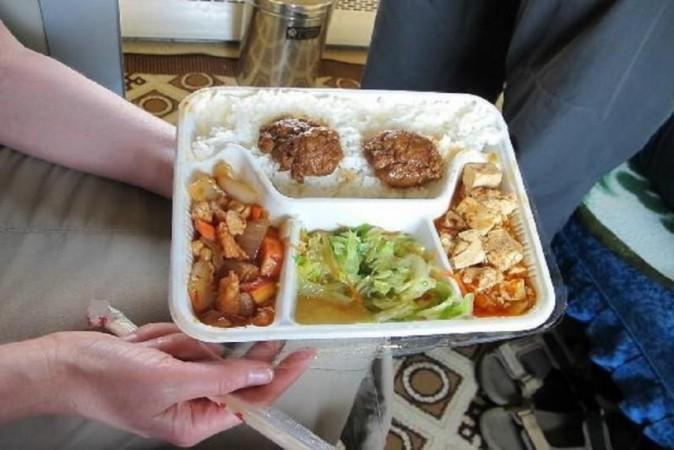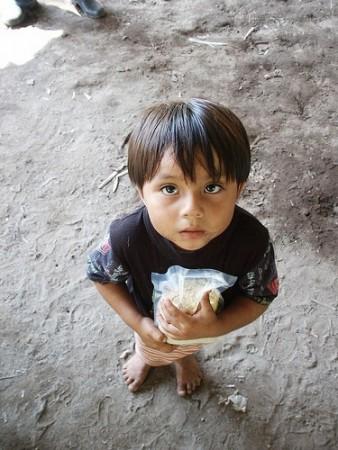Finally, a crowdfunding model that eventually doesn't exist for just balance sheets and bottom lines. Free My Meal, as the name itself gives a fairly good idea, creates a connection between people who could really use a meal and people who are fortunate enough to provide that meal.

A former single mother Heyley Steere, founded Free My Meal in August of this year. The initiative happens to be one of the several good causes and ventures that came about during the pandemic. Heyley too conceived the idea while in lockdown to help make sure that adults and children who may be in need of a meal have access to one.

How does it work?
But how does the platform work? "Did you know that if you need a meal and you're not on Facebook, you can fill in the manual form on our website and we'll try and connect you with a cook. Please feel free to share that with your non-FB buddies and pals," reads the post from Free My Meal.
While all the initial questions get taken care of, it's only in trying to work out the finer details, do the further queries and restrictions of the model come in. 'COOKS' post meals on our private groups. 'RECIPIENTS' (privately) request that meal.
There is no denying how the public admission of wanting a meal could deter many from posting it. Which is why no one else on the group has to know you've requested a meal. "No question, no judgment, no discrimination," reads the tagline. As per the official website of the initiative, they've managed to facilitate people in finding a meal within one hour of needing one.
A non-profit organization, Free My Meal currently has 24+ UK groups and 3 international groups comprising 4.3k group members. More members translate to less hungry people.
Of wasted food and starving millions
Be it food loss that is the direct result of globalisation and longer supply chains, be it the food waste, both have far reaching ethical and environmental concerns. It is the abundance of food available that leads to food wastage and much more in industrialised first world nations. As per estimates by the USDA, in the Unites States, food waste is estimated between a whopping 30 to 40 per cent of the food supply. According to international relief agency Mercy Corps, every year around 9 million people die of hunger.
“More than a third of those on UC have had to rely on Food Bank” - @BBCNews 8/10/20. ? This problem is REAL, this problem is NOW! Please share #freemymeal and help us help others today. ???
— Free My Meal (@FreeMyMeal) October 8, 2020
Oh my goodness. This is the sweetest thing ever! Thank you for using your platform to help others! ?
— hs.1d (@hs1d3) October 3, 2020

















